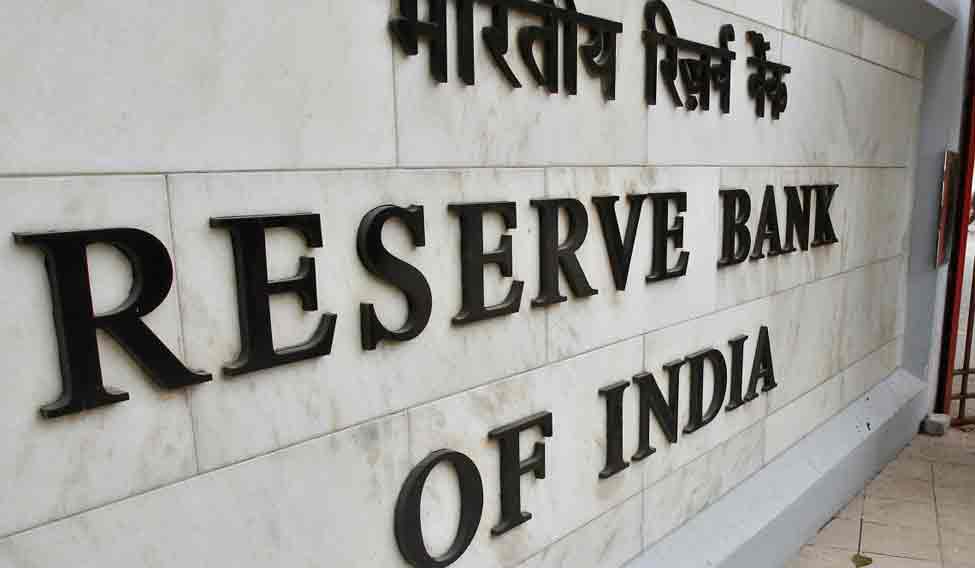The Reserve Bank of India on Monday released final guidelines for on-tap licensing of universal banks in the private sector, the draft of which had been circulated on May 5.
One of the guidelines that stands out is on the role of large industrial houses. India's large corporates have been barred from setting up banks. They, however, are eligible to hold up to 10 per cent stake in universal banks.
The strategy is consistent with the central bank's long-standing position as evidenced in the granting of the last round of approvals to universal banks and, more recently, in approvals for small finance banks.
The RBI, while granting first banking licences and later giving small bank licences, wanted that there should not be spillover of stress from the corporate segment to the banking sector. This move, then, is in continuation with the RBI's stand.
Meanwhile, the guidelines favour a number of non-banking finance companies which have long waited to become universal banks, and individuals with 10 years of experience in banking and finance. Non-Banking Financial Companies (NBFC) that are part of conglomerates, who have 40 per cent of their total assets coming from non-financial businesses, will be ineligible for licences. In order to be eligible, the NBFCs will also have to be controlled by resident Indians with a successful track record of at least 10 years.
Some firms, such as long-time contender Muthoot Finance, are gearing up to take advantage of the opportunity. "The final print is quite favourable for NBFCs and us, in particular. We will definitely be able to leverage our established business, branches and resources. Subject to our board approval, we are certainly keen on applying under this new scheme of banking license," Managing Director George Alexander Muthoot told THE WEEK.
Another guideline states that "entities/groups in the private sector that are 'owned and controlled by residents' and have a successful track record for at least 10 years, provided that if such entity/group has total assets of Rs 50 billion or more, the non-financial business of the group does not account for 40 per cent or more in terms of total assets/in terms of gross income."
Besides, the guidelines signal a breakaway from the past in terms of certain structural stipulations. "The final guidelines are different from the regulator's approach to a stop-start policy regime and does away with the mandatory holding company structure," said Manisha Shroff, associate partner at law firm Khaitan & Co.
The thrust of the guidelines is on increasing the reach of financial services in a country where vast majority of the population remain cut off from the formal banking system. Experts believe that these guidelines will help in fulfilling that objective.




